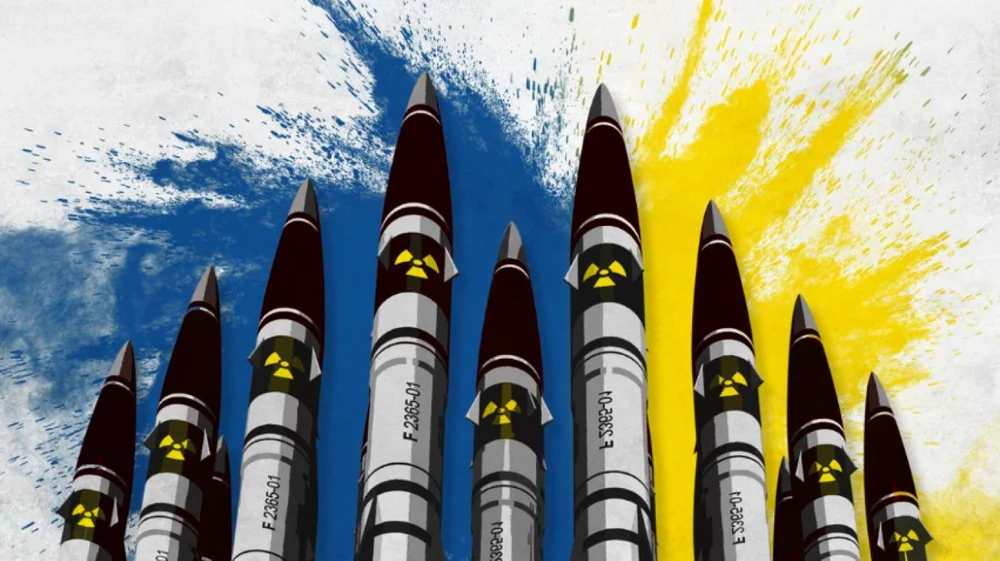The indecision and hesitation of Western countries in offering clear security guarantees to Ukraine could have disastrous effects, risking triggering a global chain reaction, in which more and more nations will seek to develop their own nuclear arsenals as a form of deterrence, warns American journalist Julian McBride in Kyiv Independent.
Russia’s invasion of Ukraine has entered its 11th year, and the full-scale war is approaching its third. Although Kiev has consistently demanded international security guarantees, including through NATO membership, these calls have been ignored, while territorial conflicts in eastern Ukraine and European bureaucracy have delayed a concrete solution.
Faced with an increasingly aggressive Russia and an increasingly hesitant West, President Volodymyr Zelensky has said that, without immediate access to NATO, Ukraine could resort to restarting its nuclear program, paving the way for global nuclear proliferation, with effects that will affect the entire world. This would, according to some analysts, be a domino effect that the West will have to bear directly, due to its inability to manage the escalation of the conflict.
A winding road to NATO and the withdrawal of security guarantees
Initially, Ukraine’s aspirations to join NATO were modest. In 2008, its application for membership was rejected by Angela Merkel, the then German chancellor, a decision for which she never apologized. After the 2014 invasion, Ukraine intensified its desire to become a member of the North Atlantic Alliance. However, despite the Russian invasion in 2022 and the illegal annexation of Ukrainian territory, Kiev has not received any clear guarantees from the major Western powers. NATO membership has remained an unfulfilled dream.
In the absence of a clear prospect of accession, Ukraine is currently seeking another type of protection – an alternative security guarantee. As Zelensky stated, the war can only be ended by an international commitment to ensure the country’s territorial security, either through NATO or a bilateral mutual defense agreement, similar to those the United States has with other countries, such as Japan, South Korea, or Israel.
Relations with Russia: a violated Memorandum and the risk of a new nuclear era
After the collapse of the Soviet Union, Ukraine became the possessor of one of the world’s largest nuclear arsenals, inheriting Soviet-era missiles and nuclear silos. In exchange for giving up these weapons, Ukraine obtained security guarantees from Russia, the United States, and the United Kingdom, as part of the 1994 Budapest Memorandum. However, in the context of the current Russian invasion, it seems that these guarantees have been of no use.
Under Vladimir Putin, Russia has violated all international agreements, invading Ukraine and annexing Ukrainian territories by military force. The Kremlin has completely undermined Kiev’s confidence in the Budapest Memorandum, and in the face of this reality, Ukraine can only seek security solutions in its deal with the West, or, in the worst case, consider the option of its own nuclear program.
Read more AICI

